“Innovating Education and Educating for Innovation”
FIIB’s curriculum has been crafted after vigorous discussion and deliberation among the industry’s leaders. The faculty gives it the distinctive edge needed for students to become successful managers. With a combination of strong industry experience, proven leadership potential, and academic rigour, FIIB students are ready to work in a complex business environment right from the start.
As PGP Chair, Dr Sudhi Sharma explains the principles and pedagogies our faculty and mentors use to deliver the PGDM curriculum.
- Outcome-Based Learning: While designing courses and evaluation mechanisms, we start by identifying the learning objectives that management students of the college are expected to meet by the end of the course. These learning outcomes may be knowledge acquisition or development of attitude/ability. They are specified in the course outlines and linked to specific assessment criteria on which they get measured. This leads to complete transparency between the instructor and college students.
- Application of Theoretical Concepts to Real-Life Situation: The overarching intent in the design of the pedagogy is to introduce grads of the college to fundamental concepts and techniques in the classroom, to provide ample opportunities to apply this learning using simulated real-life situations, and then reinforce the same through additional discussions, feedback sessions, live corporate projects and interactions with practicing industry leaders.
- Academic Rigor: At FIIB, learning is non-stop, intense, and dynamic; through a fast-paced and stimulating process, PGDM students of the college are required to manage their schedules between class, personal study, and a variety of activities that happen on an everyday basis at the college campus.
- Group Work and Presentations: To develop collective decision-making, group responsibilities, and persuasive communication skills, graduates pursuing management are required to work in groups regularly and make presentations on assigned topics.
- Problem-Solving and Decision-Making: At the college, the case study method, complemented by role plays, management games, etc., is used in all courses to help build the students’ skills to effectively diagnose situations and recommend solutions.
- Continuous Evaluation and Feedback: Course evaluation is designed to assess learning amongst the college PGDM students and two-way timely feedback is given for improvements. The faculty and the college students work together as a team toward the overall improvement of both academic and non-academic affairs.
- Integration of the Curriculum: College Faculty collaborates regularly with the industry to develop joint courses to help management grads understand the linkage between functional areas. This provides an avenue to observe the impact of decisions on organizations, people, and society and deal with the repercussions of decision-making in one area on the other.
- Global Learning: Recognizing the need for our future leaders to operate in a global setting, the PGDM course of the college focuses on providing all our courses provide relevant multinational inputs that help us learn the best practices in differing socio, legal, and cultural environments.




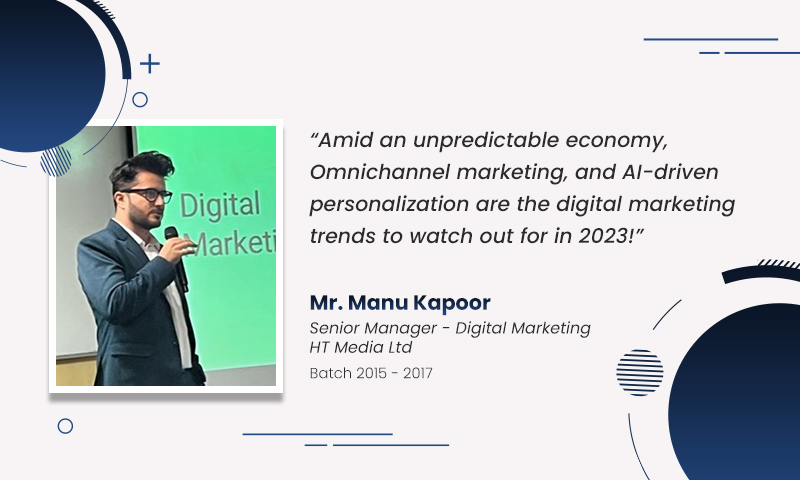


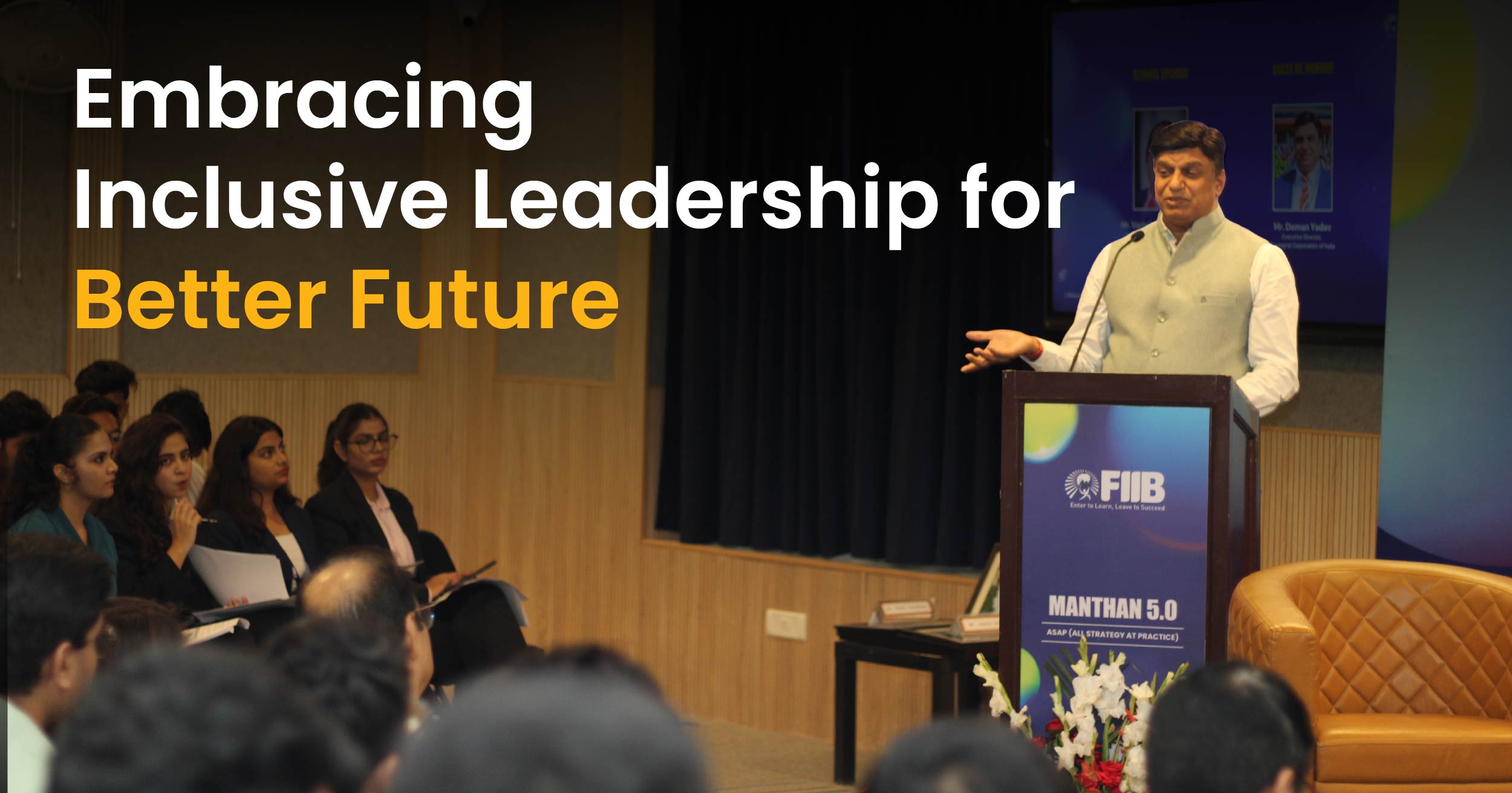
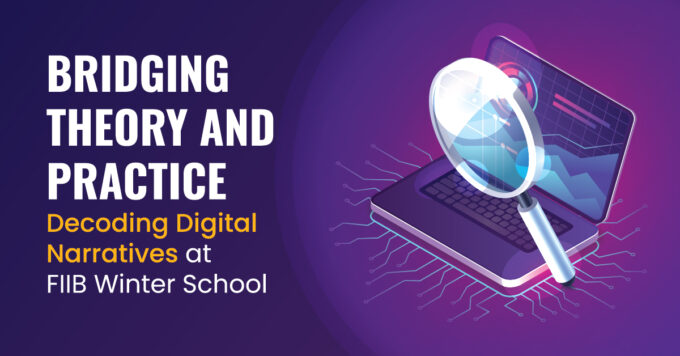

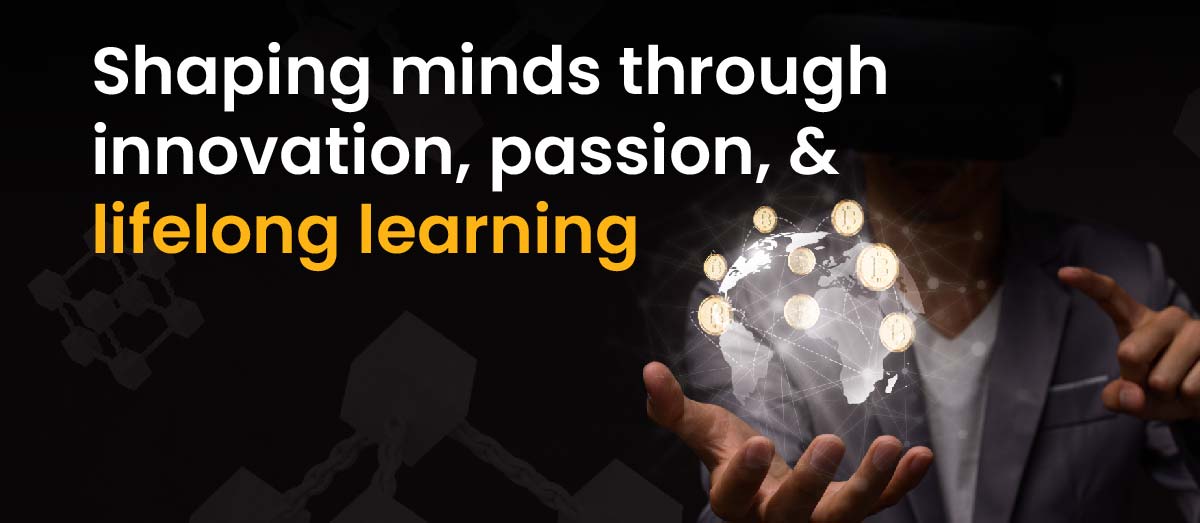
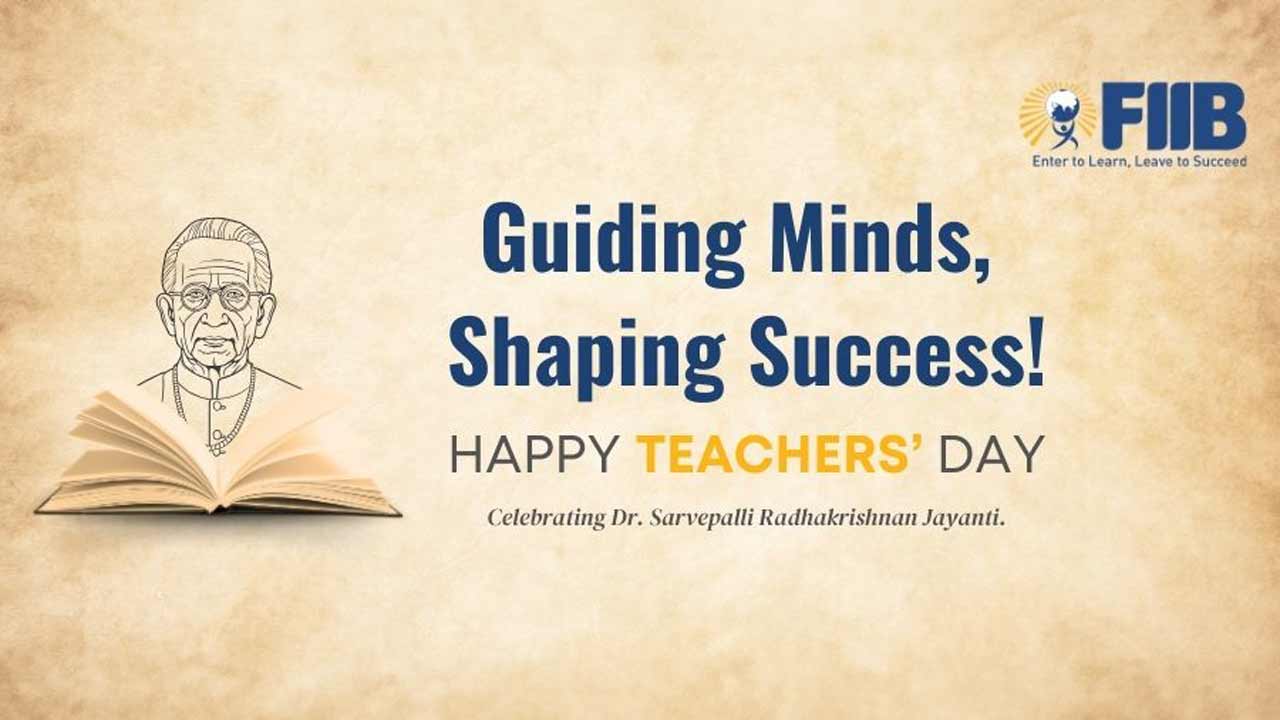


Leave a comment